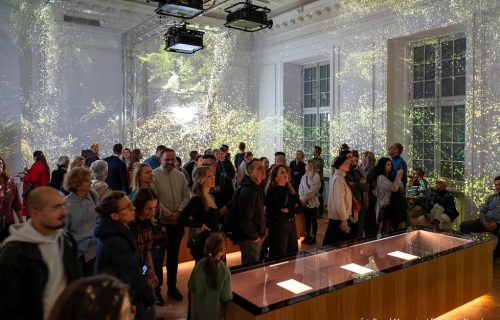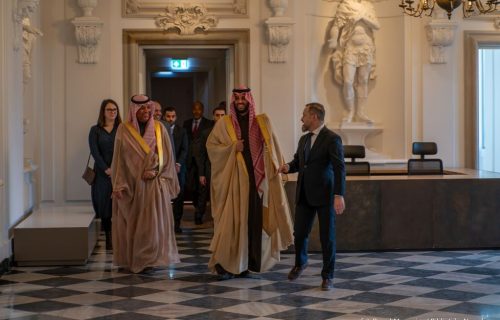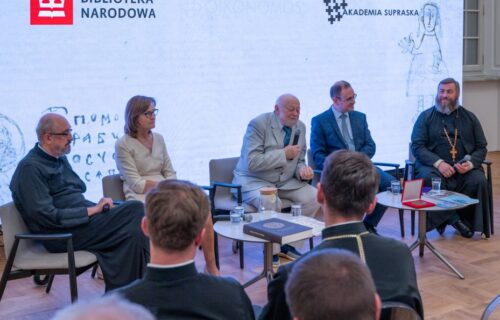Library of the Universal Esperanto Association in Rotterdam transferred to the National Library
The Hector Hodler Library (Biblioteco Hector Hodler) and materials from the archive of the Universal Esperanto Association (Universala Esperanto-Asocio, UEA) in Rotterdam are to be ceremonially transferred to the collection of the National Library of Poland. The ceremony will take place at the National Library in Warsaw on May 29 with the participation of Professor Piotr Gliński (Deputy Prime Minister and Minister of Culture and National Heritage), Dr Duncan Charters (President of UEA) and Dr Tomasz Makowski (Director General of the National Library).
The ceremony will be followed by a seminar on the importance of Esperanto and the Hector Hodler collection, with the following speakers:
- Professor Pascal Dubourg Glatigny (CNRS, Paris): The challenge of conserving a transnational heritage: the future of the Hector Hodler collection
- Dr Ida Stria (University of Warsaw): Accessibility of Esperanto library resources from a linguistic perspective
- Professor Denis Eckert (Géographie-cités, Paris/Centre Marc Bloch, Berlin): Warsaw as a starting point for the diffusion of lingvo internacia: The first Esperanto textbooks and dictionaries and their authors (1887-1890)
- Professor Marek Nahajowski (Academy of Music, Łódź): Esperanto in the world of music science – status quo state and perspectives for further development
Thanks to an agreement between the National Library of Poland and the UEA, nearly seven and a half tonnes of unique materials from the library and archive of the UEA have been transported to Warsaw from Rotterdam. The staff of the National Library and staff and volunteers from the UEA spent several days packing the materials prior to shipping, working under the watchful eye of L. L. Zamenhof – the creator of Esperanto, who was born into a Jewish family in Bialystok – whose portrait hangs at the UEA headquarters.
The most valuable part of the collection is the Hector Hodler Library, one of the largest collections of Esperanto books in the world. The collection dates backs to 1908 and is connected to the activities of the Swiss Esperanto Society in Geneva. In 1912, it [NU1] was purchased by the son of the eminent painter Ferdinand Hodler, Hector Hodler (1887-1920), a Swiss Esperantist and the co-founder of the UEA, who on his death left the collection to the UEA. The Library comprises nearly 30,000 books, yearbooks of periodicals, and boxes of photographs and records. It also includes some of the first printed works in Esperanto dating from the late nineteenth century and some interesting translations into Esperanto of classics of Polish literature and modern works.
The archive materials from the UEA transferred to the National Library include the following: a collection of documents relating to the activities of the UEA (including internal documents, correspondence with members, entries for literary competitions), a beautiful collection of rare postcards in Esperanto, posters for events in the life of the UEA (world congresses, conventions, anniversaries), recorded Esperanto courses (vinyl records, video cassettes, cassette tapes, CDs), games and toys for teaching children Esperanto through play, photo albums, and commemorative stamps.
The Hector Hodler Library and archive materials from the UEA are currently undergoing the normal disinfection and conservation checks prior to cataloguing and, ultimately, digitalisation. Thanks to this generation donation, the National Library of Poland will become the chief Esperanto documentation centre for researchers from all over the world – an important part of Polish and world heritage.



